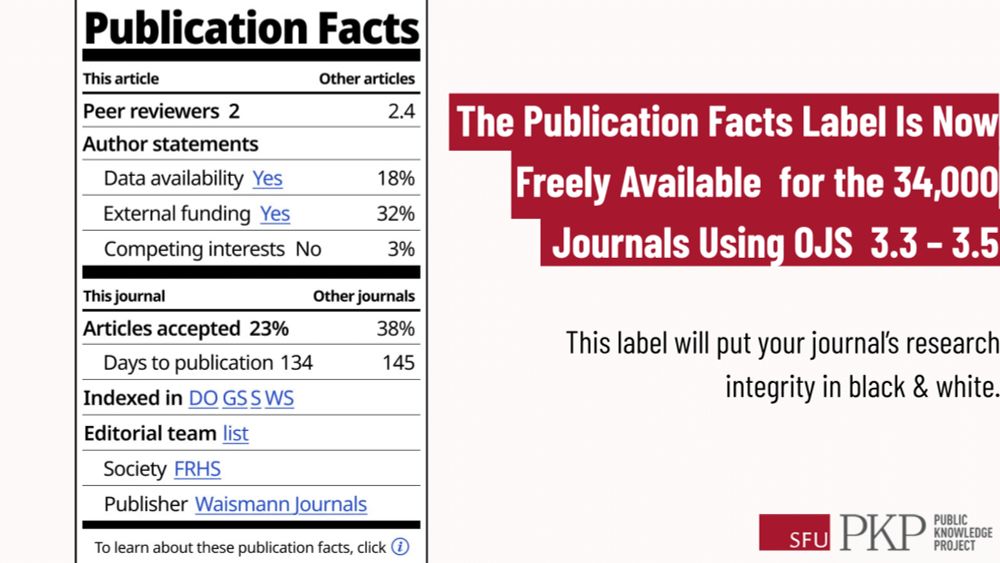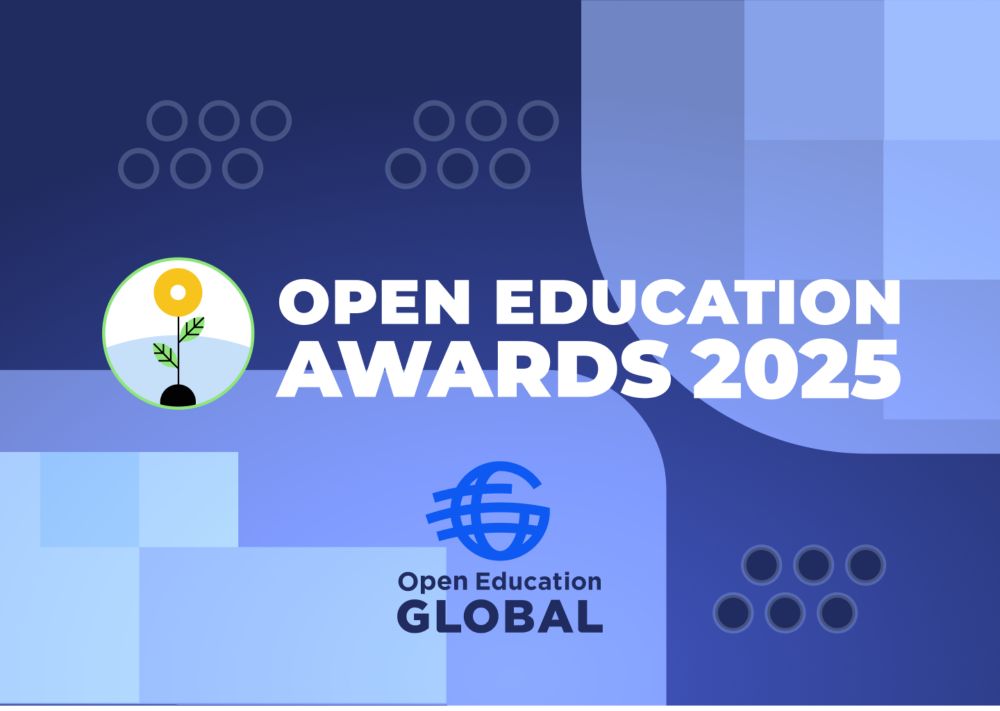
Institute of Educational Technology
The Open University (UK)
Co-Editor, https://jime.open.ac.uk/
Co-Director, http://go-gn.net/
https://scholar.google.co.uk/citations?user=j3-x3WwAAAAJ&hl=en
(No DMs)


They deleted the line in which I describe Donald Trump as “the most openly corrupt president in American history.” /1
They deleted the line in which I describe Donald Trump as “the most openly corrupt president in American history.” /1
The Munich Regional Court has handed down its much-awaited decision in GEMA v OpenAI, and it is… a lot, and right on the back of the Getty Images High Court ruling. On the surface, this looks like a clear defeat for OpenAI: the court found copyright…

The Munich Regional Court has handed down its much-awaited decision in GEMA v OpenAI, and it is… a lot, and right on the back of the Getty Images High Court ruling. On the surface, this looks like a clear defeat for OpenAI: the court found copyright…
hatfulofhistory.com/radical-onli...

hatfulofhistory.com/radical-onli...
https://arxiv.org/html/2511.15304v1
https://arxiv.org/html/2511.15304v1
Over the next 11 weeks, we’ll be sharing the DIAMAS recommendations — clear, practical steps to make scholarly communication sustainable, inclusive, and high-quality.

Over the next 11 weeks, we’ll be sharing the DIAMAS recommendations — clear, practical steps to make scholarly communication sustainable, inclusive, and high-quality.
Built as a plugin, it helps journals demonstrate their quality and accountability.
Learn more: pkp.sfu.ca/2025/10/31/p...
#OpenAccess #OJS #MediaLiteracy #ScholarlyComms

Built as a plugin, it helps journals demonstrate their quality and accountability.
Learn more: pkp.sfu.ca/2025/10/31/p...
#OpenAccess #OJS #MediaLiteracy #ScholarlyComms
You can find a copy of the slides (CC BY) at..
opened25.sched.com/event/270La/...

You can find a copy of the slides (CC BY) at..
opened25.sched.com/event/270La/...

Read more: awards.oeglobal.org/revealing-20...
Thank you @oeglobal.bsky.social

Read more: awards.oeglobal.org/revealing-20...
Thank you @oeglobal.bsky.social




🔗 http://bit.ly/43dhcZc
#EDI #Research #Policy

🔗 http://bit.ly/43dhcZc
#EDI #Research #Policy
We have been incredibly naive in entrusting our democratic space to social networks.”
defenddemocracy.eu/macron-democ...


www.theguardian.com/commentisfre...

www.theguardian.com/commentisfre...




